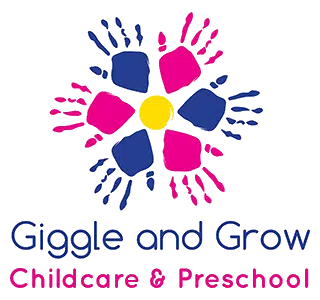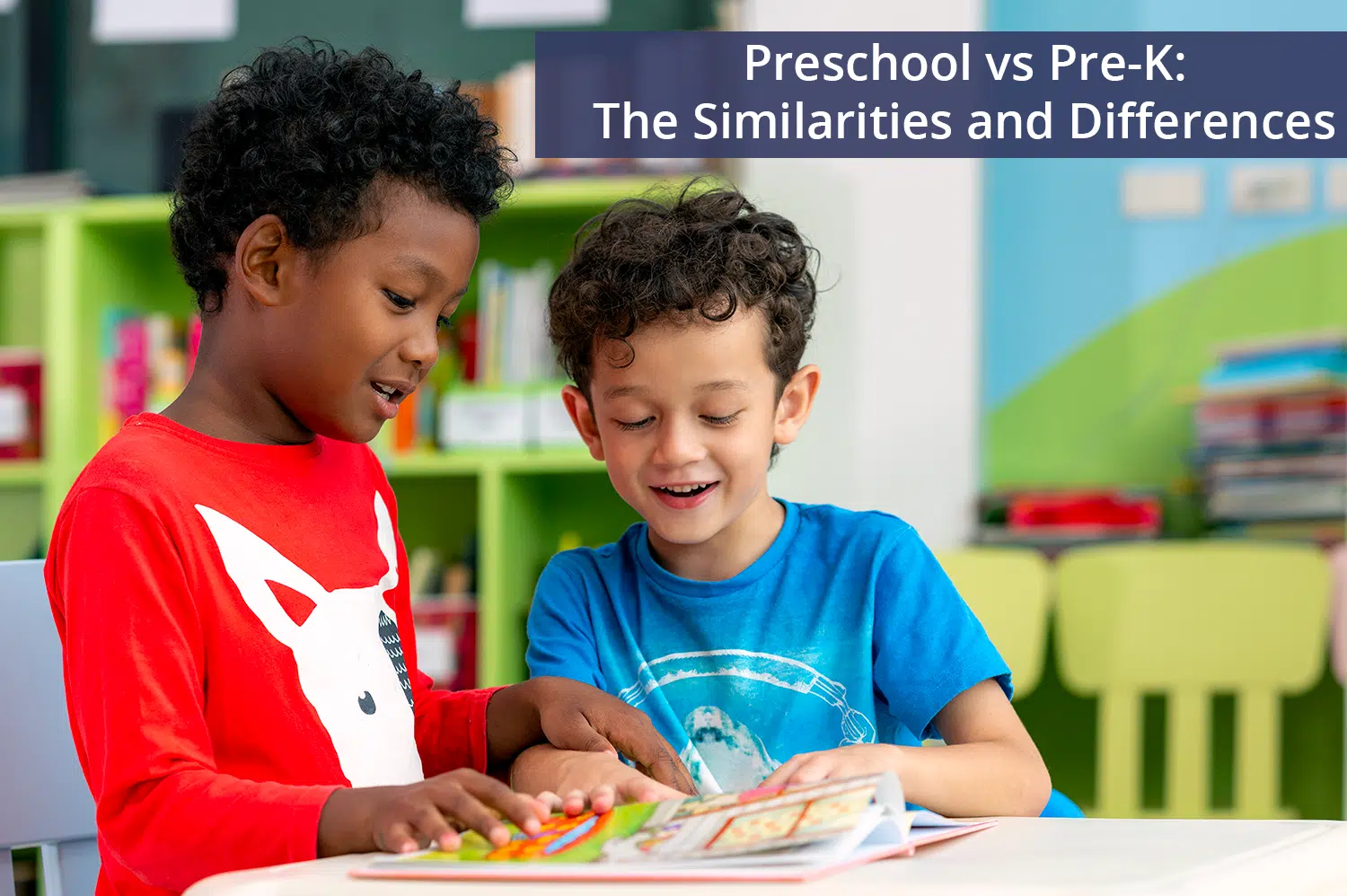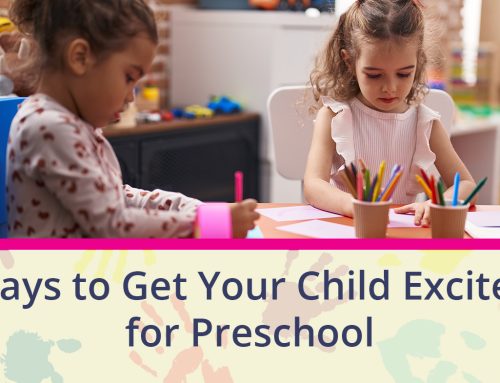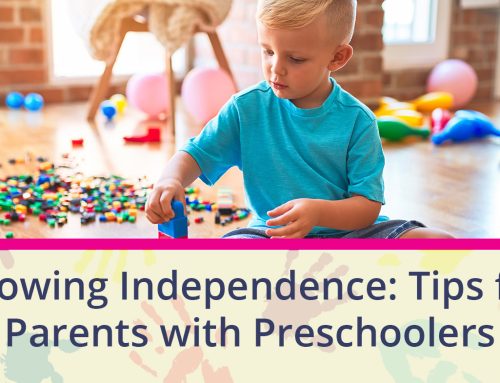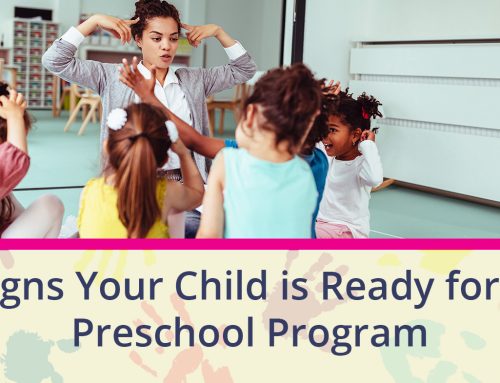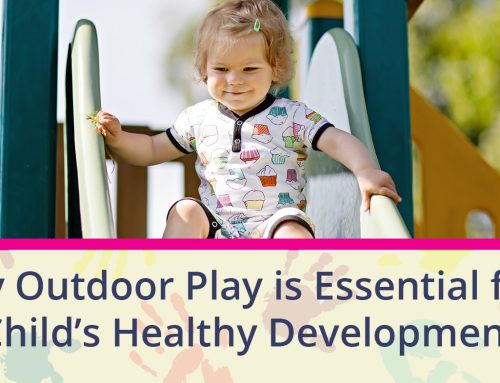Both preschool and pre-K curriculums address children’s needs, but they do so in certain ways. In this article, we’ll go over the similarities and differences between the two, so you can know which is right for your child’s needs!
What is Preschool?
Preschool is usually designed for kids between the ages of 2 and 4 years old. The activities and learning include shapes, colors, and numbers and the program is usually a little less structured but utilizes group and hands-on activities.
Preschools usually don’t run for the full day, so it’s not unusual to see a 12:30 pick-up time. Some places also don’t run preschool every day, and instead hold classes Monday, Wednesday, and Friday. Every place is different, though, so check with the preschool to make sure you understand when your child would be in class.
What is Pre-K?
Pre-K, or pre-kindergarten, is meant for children between the ages of 4 and 6 to prepare them for a kindergarten classroom. This means a more structured environment and runs a full day to help kids get used to a normal school schedule. The goal of pre-K is simple: to make sure every child is ready for a kindergarten classroom!
The Similarities
Preschool and pre-K provide children with plenty of opportunities to experience meaningful learning and play. Here are how they’re similar:
Curriculum that Stimulates
Good news – both programs allow children to enjoy playful learning through age-appropriate activities and games! Young children learn best through explorations, discovery, and hands-on experiences. These are exactly the things they get from preschool and pre-kindergarten. Even if they spend their day in the classroom, there are rich opportunities to experience activities that teach them the foundation of literacy, math, science, art, and more.
Warm and Safe Environment
Having a safe space to grow is important to cultivate a love for learning and curiosity. Creating a warm and safe environment that fosters kids’ growth is one of the goals of both preschool and pre-K education.
Social-Emotional Growth
Relationships are at the heart of a successful classroom, regardless of age or stage. And in a preschool and pre-K setting, children have lots of opportunities to get along with other children and also learn how to deal with minor conflicts. Children will learn social skills through daily interactions, mentoring, and even direct teaching.
The Biggest Differences
There are a few main differences to be aware of between preschool and pre-K. Let’s go over the two biggest differences:
Ages and Stages
One of the main differences between preschool and pre-kindergarten is the age of the children and their developmental abilities.
As we mentioned above, the preschool age range is typically from 2 to 4. But pre-K classes are usually filled with 4 to 6-year-olds. While preschool children are given the chance to engage lightly in school readiness activities, pre-K children are given more advanced and structured lessons. Schools and learning centers don’t want to overwhelm young children as pre-K isn’t just based on age but also developmental abilities. If you tried enrolling your 3-year-old in a pre-K class but got denied, their age is probably the reason why.
School Readiness
School readiness can be addressed in both preschool and pre-K curriculums, but in a pre-K program, children are ready for more advanced learning and organized skill building. For example, pre-K children will focus more on addition/subtraction, writing skill development, and participate in more advanced science activities. The focus is more on critical thinking skills in pre-kindergarten, while the preschool learning focus is more on children’s cognitive development and problem-solving skills.
Should My Child Go to Pre-K?
We could be biased, but we think enrolling your child in a pre-kindergarten program is a great idea. Think of pre-K as an integral bridge between preschool and kindergarten. Both preschool and pre-kindergarten emphasize rich, hands-on experiences, but a pre-kindergarten program dives deeper into kindergarten readiness. Not only does a high-quality pre-K program prepare children academically for later school success, but it offers opportunities to build confidence and self-esteem.
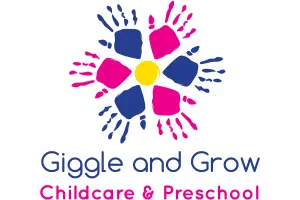
We strive to make a positive difference in the life of every child.
Let Us Be There for Your Child
Whether you’re looking for the right preschool or pre-K program in Gilbert, Arizona, Giggle & Grow may be the option for you and your child! At our facility, we focus on the needs of very young children. We strive to make a positive difference in the life of every child by partnering with parents to provide an environment that is safe, nurturing, educational, and individualized. Let us help your child learn, play, and grow.
